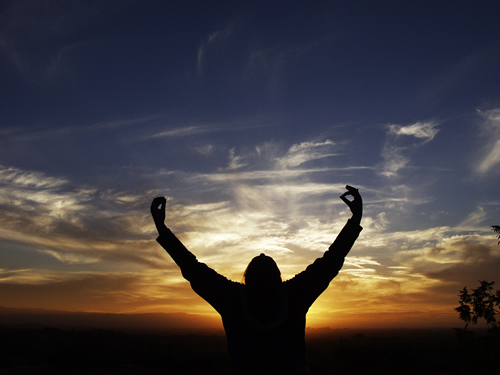
While perfection is praised in most cultures where the steady hand paints the smooth line and polishes the shinning gear, there are some that value novelty instead. Their customs are frenetic and clumsy – a work in progress never fully realized. After the Civil War, the United States was a complex combination of idealist vision and a “make it up as we go along” practicality. The impossible dream was still possible but the distinctions of space and race that ignited the conflict left the nation in search of new identity. Whether escaping the poverty of a potato famine or the tyranny of the Czar or chasing a lucky strike to the top of Gold Mountain, the destination was never negotiable but the route was now changing. What emerged from this mixture of idealism and pragmatism was a functional mythology where everyone could recreate everything particularly themselves.
In 1874 a Methodist minister and a businessman organized an adult learning community at a campsite on the shores of Chautauqua Lake in upstate New York. The Chautauqua Assembly was a combination of Sunday school preaching and summer school teaching – spirituality meets continuing education. Most Americans were immigrant farmers or laborers who had scant access to the ennobling arts or ideas of the day. Both agriculture and industrialization left little time for such pleasures and frivolity. Philosophy, music, dance, and theater were all part of the “Chautauqua Mix.” These gatherings not only brought culture to the ordinary citizen but it gave them a forum with a new populist sensibility. What began as a way to bring a rural community together to renew their faith and develop their minds was soon transformed into the self-help movement.
The Chautauqua belief that everyone “has a right to be all that he can be — to know all that he can know” is far from seditious but was revolutionary in that it gave an organized voice to the disaffected. Susan B. Anthony argued for women’s suffrage. William Jennings Bryan promoted the Interchurch World Movement and exhorted a social gospel for temperance and peace. Teddy Roosevelt called it “the most American thing in America” as he fought the monopolies and corruption of the robber barons. Enlightenment had created strange new combinations under the tents: Sophisticated symphonies played with kitchen utensils, hybrid dramas that were part Shakespeare and the Bible, and more serious matters like Maud Ballington Booth’s call to join an Army for Salvation.
Soon a Chautauqua Circuit was formed and performers traveled the country with their act seasoned for the local terroir. Before Vaudeville, radio or Oprah, this was the gravity that pulled the most diverse nation in the world since Rome together. It espoused a customizing “have it your way” doctrine that remains to this day. It integrated a complex empyrean vision of personal betterment with a functional “make it up as we go along” attitude. After all personal development is about getting your act together. Though the tents are long gone with the railroads that brought them, the platform remains in the hallways and chat rooms where newfangled isms and ologies buzz. This irresistible hypocrisy still creates our improbable symmetry.
Jeff DeGraff
Connect with me on Twitter
Join me on Facebook
Visit InnovationYou.com
